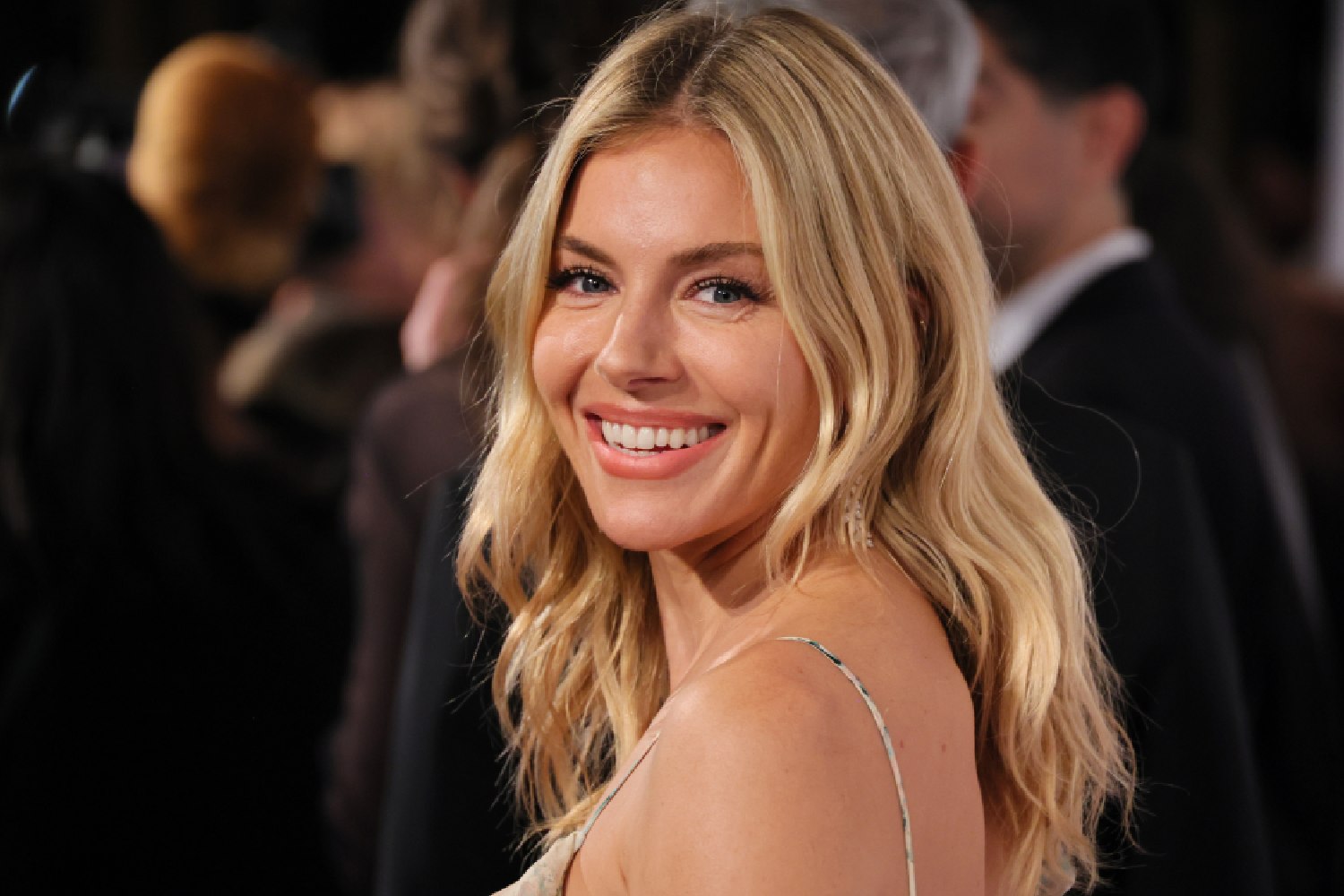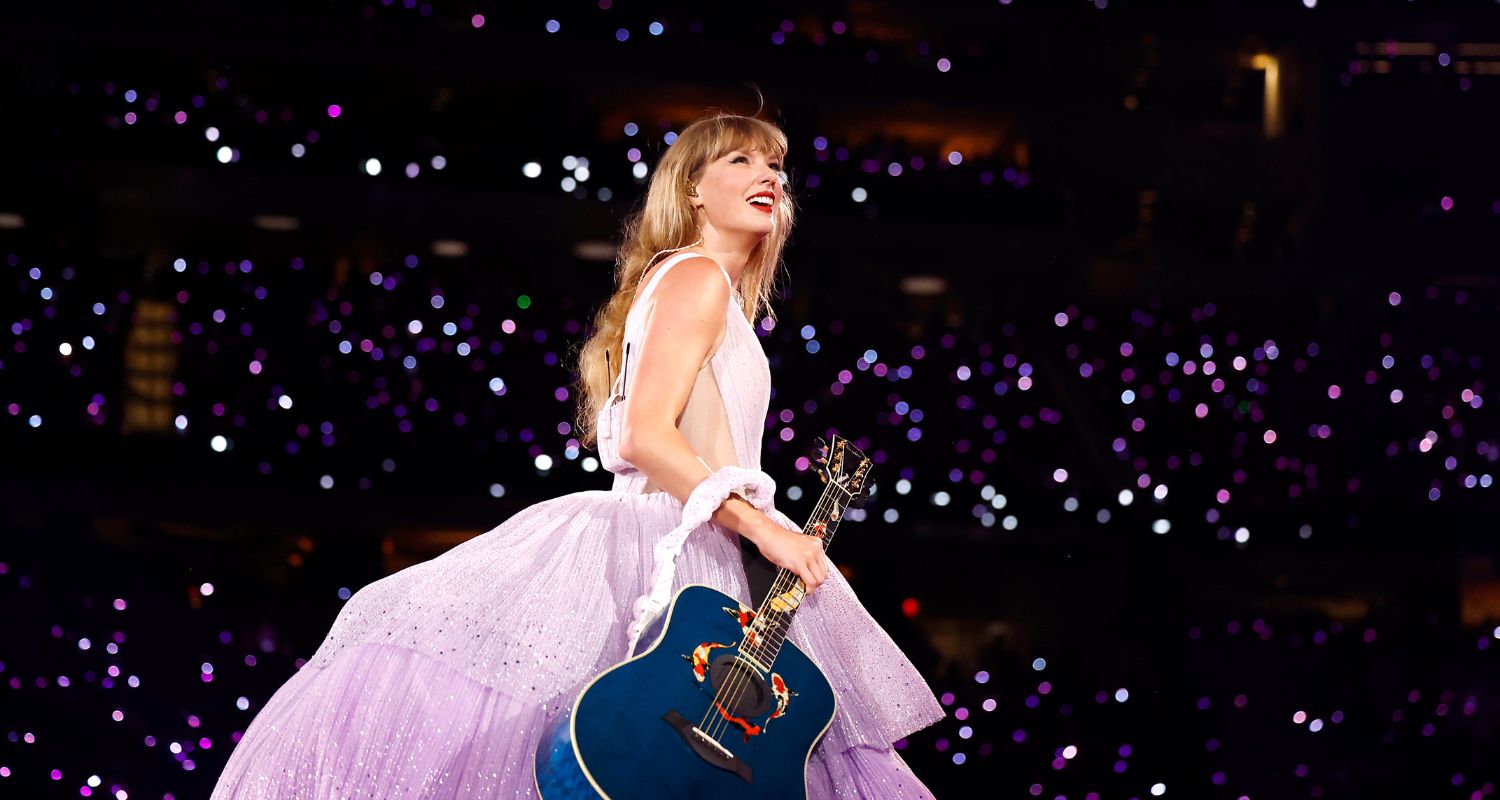It all started with Selena Gomez’s eyebrows. Apparently, she had over-laminated them. She wished they were more like Bella Hadid’s. She shared that very sentiment in late February in a (now deleted) video with her more than 58 million followers on TikTok.
A few hours later, Kylie Jenner posted a screenshot of a FaceTime call with BFF Hailey Bieber to her more than 380 million Instagram followers. In the image, both women had zoomed in on their brows, which the internet deduced was a snide attack on Selena. And that is how the war began.
Cries of “mean girl vibes” were hurled at Kylie and Hailey, sides were taken, fingers were pointed, a “goodie” and a “baddie’ were determined, and Hailey Bieber was branded the ultimate Regina George. Why Hailey over Kylie, you may be wondering?
The alleged feud between Selena and Hailey is believed to have stemmed from the fact that Hailey is married to Selena’s ex-boyfriend, Justin Bieber. For those playing at home, it was easy to conclude who the internet sided with by following the numbers. Hailey lost upwards of 1 million followers on Instagram in the wake of browgate.
She had 50.7 million in late February, but had just 49.5 million by late April. Meanwhile, Selena surpassed Kylie to become the most followed woman on Instagram with more than 400 million in late March. But most telling is the support squad hashtags on TikTok: #teamselena has a staggering 2.1 billion views, leaving #teamhailey for dead with 221 million.
In addition, Selena achieved her best music streaming numbers in months and searches for her brand, Rare Beauty, tripled, whereas searches for Hailey’s own beauty line, Rhode Skin, plummeted. The people have spoken and the message is clear: in 2023 it does not pay to be a mean girl.
Looking back to my own high school days in the noughties, I’m neither proud nor ashamed to say I was a high school mean girl because so were all my friends. It was a popularity survival game and if you didn’t join them, you were browbeaten, even left off the “cool group” table at the Year 11 formal (I know this one from personal experience).

The popular chick flicks and television shows of the time, such as The Devil Wears Prada, Mean Girls and Gossip Girl, all ended with the same message: the nasty gals got their comeuppance and the nice girls came out on top. Unfortunately, though, those positive messages got lost in the makeover montages and quotable quotes. Instead of buying into the “nice girls finish first” trope, these films inadvertently served as a handbook on how to maintain a hierarchy of popularity one insidious remark and pink skirt at a time, and we were willing students.
The noughties It-girls were experts. In 2008, I recall Paris Hilton saying on breakfast radio that Kim Kardashian’s butt was “gross” and reminded her “of cottage cheese inside a big trash bag”. It certainly didn’t affect Paris’ social standing.
But before you feel sorry for Kim, let’s not forget her infamous 2016 takedown of Taylor Swift, which saw the reality TV star brand the pop icon a “snake” and had #TaylorSwiftIsOverParty trending on Twitter. Taylor went into hiding for more than a year, while Kim enjoyed one of the most successful periods of her career to date.
Around that time, a new type of It-girl had emerged. As millennials entered the workforce, so too came the Girl Boss. Plucky young women with perfect skin, designer stilettos and charmed childhoods launched glossy companies where Instagrammable offices portrayed a utopian workplace for women.
Every female was expected to lean in, and if you didn’t have a creative start-up side hustle you were failing at “girl bossing”. The poster girls were undoubtedly The Wing’s Audrey Gelman, Glossier’s Emily Weiss and Sophia Amoruso, founder of the online clothing brand (ironically named) Nasty Gal.

The millennial-pink façade of these businesses perpetuated the image of “women supporting women”, but the reality was far from it. Accusations of discrimination and abusive management emerged and those being bullied banded together and called it out. The consequences were swift. In 2015, Sophia was the first to step down as CEO of the company she founded, Audrey followed suit in 2020, and Emily hung up her CEO hat in 2022 (but remains on Glossier’s board as executive chairwoman).
With the mass call-out of Hailey’s “mean girl behaviour” going mainstream, was the Girl Boss era the beginning of the end for mean girls? And more importantly, are its effects now being felt in the schoolyard?
I call the only teen I know to find out. Anna Roland, an 18-year-old high school student, tells me, “I’m trying to be a more caring person than I was five years ago. If I hear a friend say something offensive, I’ll call them out.”
It’s a change Kim Marie Smith, founding director of Standing Strong, has witnessed in the 20 years she has counselled teenage girls. “Something that really excites me is that today’s teens are so much more confident to stand up and say what they feel is right and wrong,” she explains.
The dethroning of mean girls sounds like a promising step forward, but before we get too excited we need to examine the flow-on effect of this toxic behaviour. In the months that have passed since browgate, a relentless mob-mentality attack has plagued the online presence of Hailey Bieber and any brand or person with whom she’s associated.
About a week after the eyebrow incident, Vogue Australia released its April issue with Hailey on the cover. The trolling that bombarded Vogue’s social media rollout was so toxic, the magazine had no choice but to disable the comments.
Two months on, the comments under Hailey’s own posts continued to range from “Delete your account” to “Stalker. Mean girl. Talentless nobody with a famous surname.” Messages of support were peppered throughout the vitriol but they were few and far between. Not since Meghan Markle made Kate Middleton cry (or was it the other way around?) has such a definitive villain been declared by the public.

I ask Anna for her take on the It-girl showdown. “Honestly, f**k Hailey, I’m team Selena,” she says, laughing. “But I do feel like a lot of people are using this ‘mean girl culture’ excuse to project their own insecurities onto someone famous, which ironically is turning them into mean girls themselves.”
Clinical psychologist Brooke Phillips of Forest Family Psychology in Sydney agrees. “Social media has provided just another avenue for young girls to be able to participate in that sort of behaviour,” she says. “Even the act of pointing it out on a public platform, in a highly critical way, is engaging in ‘mean girl’ behaviour. I’ve found that in most cases young girls can be both the victim and the villain.”
Calling out ‘mean girl’ behaviour is often purely performative. Anna reveals that she and her friends’ motives are not particularly altruistic.
“There’s been a shift from being outwardly mean because no-one wants to be the mean girl,” she explains. “Now everyone is much more ruthless behind each other’s backs and saying things that are far more foul than they would ever say in person – especially online.”
Phillips sees the ramifications this has on her patients. “The girls who are coming in who have been hurt by this kind of toxic behaviour are experiencing some pretty significant issues, such as anxiety, depression, sometimes even suicidal ideation,” she says.
Whether Hailey was bullying Selena or not, the onslaught of abuse seems grossly disproportionate to the alleged crime. The public pile-on has taken its toll on Hailey, who went on Instagram in late April to post: “Since 2023 started, I’ve had some of the saddest, hardest moments I’ve ever had in my adult life, and my mind and emotions have been fragile to say the least.”
In an attempt to quell the hate, Selena broke her self-imposed social-media hiatus to post this message: “Hailey Bieber reached out to me and
let me know that she has been receiving death threats and such hateful negativity. This isn’t what I stand for. No-one should have to experience hate or bullying. I’ve always advocated for kindness and really want this all to stop.”
If Hailey has been honest about the impact the negativity has had on her, and Selena is advocating for the trolling to cease, why hasn’t it stopped
or even slowed down?
Kim Marie Smith has this answer: “Wherever we’ve got people who feel a lack of belonging and low self-worth, we are going to have people projecting meanness onto others because it gives them a feeling of power. It’s that mentality of ‘I’ll hurt you before you hurt me.’ Until we start really looking at our communities and prioritising kindness to ensure people feel loved, supported and connected, we’re going to keep having these issues.”
This article originally appeared in the June issue of marie claire Australia.










